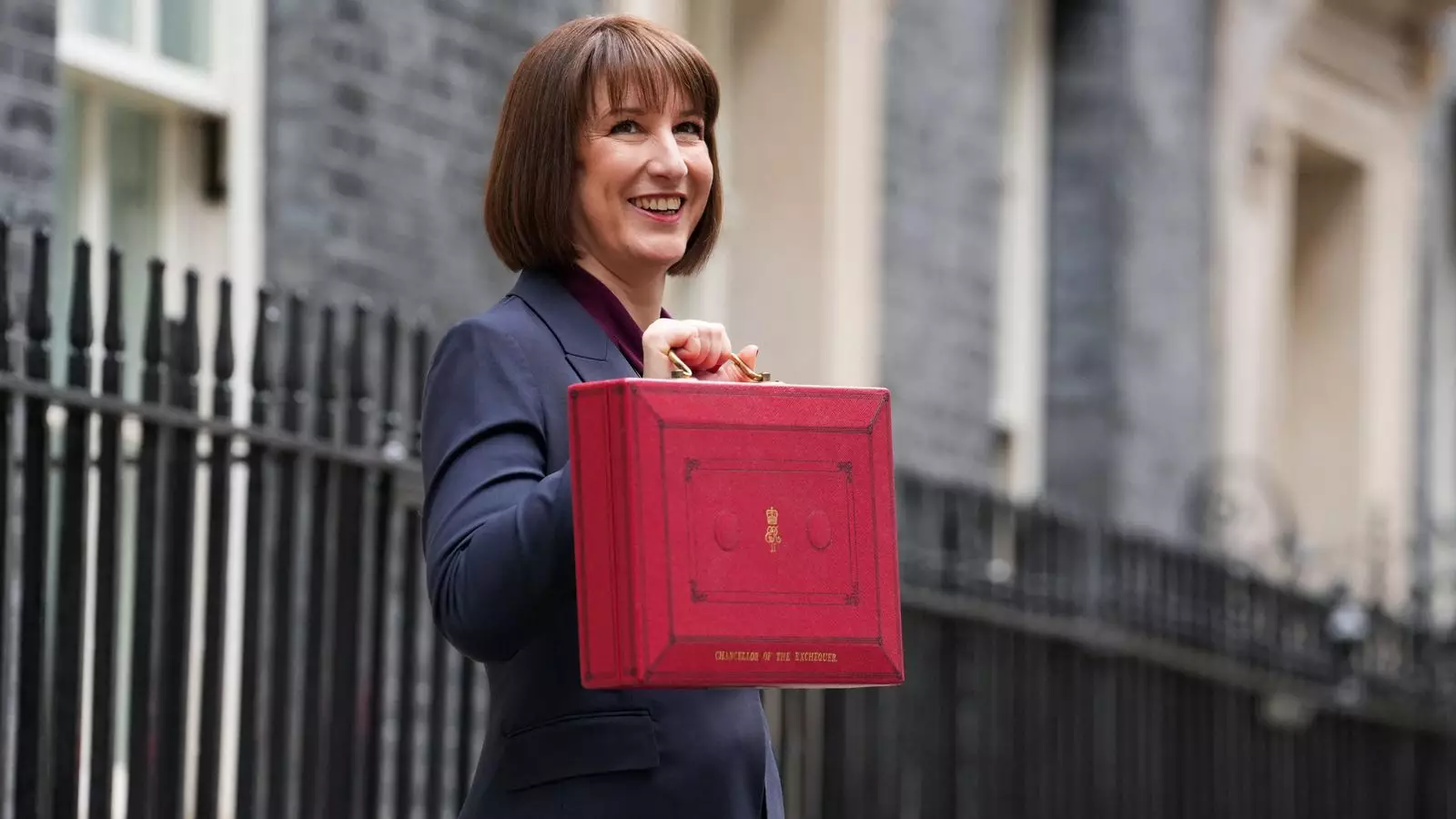In recent political discourse, the likelihood of impending tax increases has become a stark reality rather than mere speculation. While government officials outwardly deny concrete plans, their words betray a subtle acknowledgment that fiscal austerity measures are on the horizon. The language used by ministers hints at a policy shift that could significantly impact ordinary citizens—especially those in the working class—despite promises of safeguarding modest incomes. This unspoken readiness to resort to tax hikes underscores a troubling reluctance within leadership circles to pursue transformative reforms through spending cuts or revenue redistributions that target the truly wealthy. Instead, the dialogue revolves around a perilous balancing act—facing the fallout from failed welfare reforms and mounting budget pressures by resorting to fiscal burden-shifting onto the shoulders of everyday workers.
Politicians Play Hide and Seek with Responsibility
The cavalier manner in which officials dodge direct answers on taxation reveals more about their reliance on political platitudes than genuine accountability. Transport Secretary Heidi Alexander’s insistence that tax hikes are not “discussed directly” and her subsequent emphasis on respecting fiscal rules reveal a calculated ambiguity aimed at placating cautious voters. It’s a classic case of political evasion, masking the reality that discussions about raising taxes are implicit and perhaps inevitable. Meanwhile, opposition figures echo these uncertainties, their rhetoric often serving as political theater rather than substantive debate—reinforcing the suspicion that the government is preparing to break its promise not to tax those on modest incomes, a promise that was built on flimsy foundations from the outset. This dance around accountability ultimately undermines public trust and signals a willingness to prioritize short-term fiscal fixes over long-term societal health.
Economic Challenges or Political Nominal Gains?
The government faces genuine pressures—ranging from the immediate fallout of unsuccessful welfare reforms to the rising costs associated with national security and healthcare commitments. Yet, the solution proposed appears rooted in reaction rather than innovation. The fallout from the failed reforms, especially the aborted changes to Personal Independence Payments, leaves policymakers little choice but to reconsider revenue streams. Instead of exploring progressive taxation policies—such as higher taxes on the ultra-wealthy or closing loopholes—the prevailing consensus seems to lean toward general tax hikes that would disproportionately squeeze everyday workers. This approach reflects a troubling prioritization of short-term revenue generation over structural economic fairness. Moreover, it risks deepening inequality by placing an unintended burden on those least able to shoulder it while protecting vested interests and overfunded sectors.
Long-term Consequences of a Short-sighted Approach
Choosing to finance budget deficits through widespread tax increases jeopardizes the social fabric and economic stability in subtle, yet profound ways. It signals a retreat from the government’s earlier promises to protect the modest incomes of working families, undermining the very principles of fairness that once guided public policy. Such measures are likely to dampen consumer spending, curtail economic growth, and erode social cohesion. Instead of leveraging progressive taxation or targeted reforms to create a more equitable fiscal system, the government risks entrenching a cycle of austerity and discontent that could leave the nation more divided. Ultimately, the implicit assumption that tax hikes are the most viable solution reveals a failure to envision a future where fiscal responsibility aligns with social justice—an oversight that could have lasting repercussions for the nation’s democratic health and economic resilience.


Leave a Reply